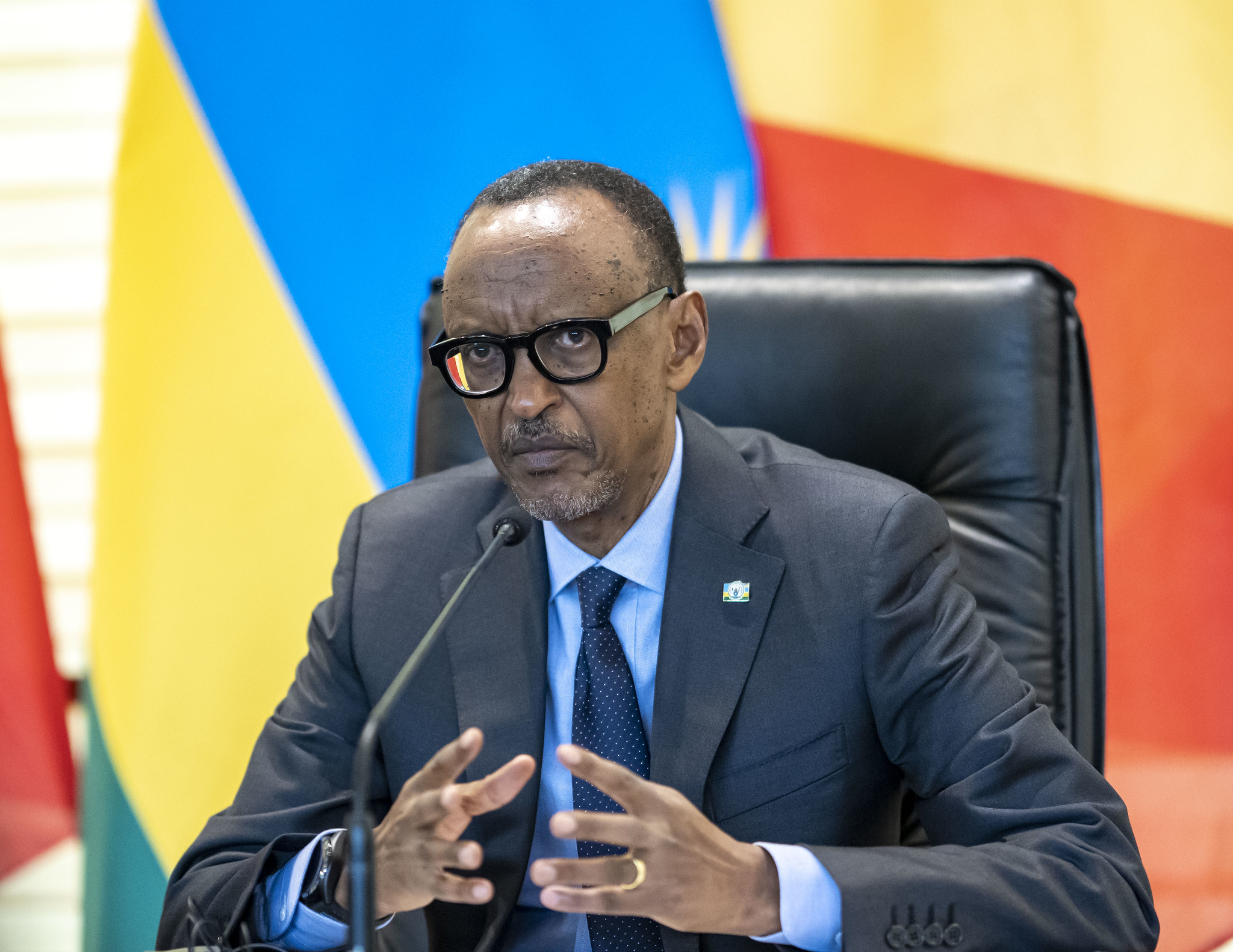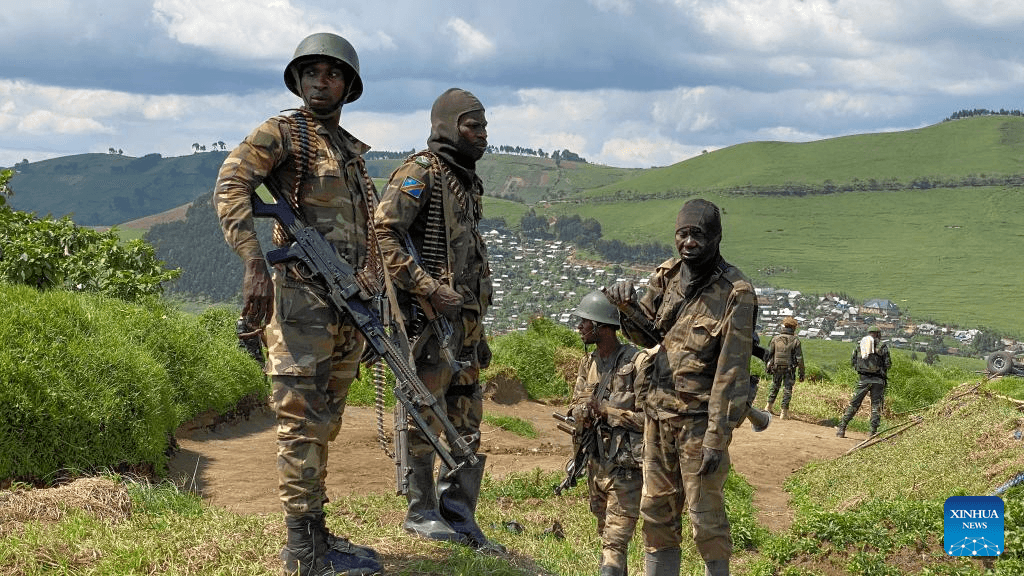
 Rwanda President Paul Kagame/COURTESY
Rwanda President Paul Kagame/COURTESYRwanda has firmly defended its involvement in the ongoing security posture in the ongoing conflict in the DRC, terming it a defensive measure over serious threats along its border.
Responding to a summon by the British Foreign, Commonwealth and Development Office (FCDO), Rwanda argued that their operations follow the escalating security risks, particularly after the recent attacks on the Rubavu border town on January 26.
This attack, which followed the fall of Goma, it said, resulted in 16 fatalities and 177 civilian casualties within Rwanda’s borders.
“Rwanda continues to face existential security from DRC-backed FDLR, genocidal militia which was involved in the shelling incident in June 2022, just weeks before the Commonwealth Heads of Government Meeting (CHOGM) in Kigali,” the statement from Rwandan High Commission reads.
In a statement dated February 18, the UK condemned the advances of the Rwandan Defence Force (RDF) and M23 in eastern DRC.
“These advances constitute an unacceptable violation of DRC’s sovereignty and territorial integrity. The Government of Rwanda must immediately withdraw all Rwanda Defence Force troops from Congolese territory,” FCDO spokesperson said.
“We urge Rwanda to immediately cease all hostilities and return to dialogue through African-led peace processes.”
But, Rwanda has maintained that FDLR, supported by the Congolese government, remains a major destabilising force in the region.
It has defended itself as a committed contributor to UN peacekeeping missions, with a reputation for adhering to the highest standards of conduct and operational integrity.
This, as raised concerns about the challenges faced when UN peacekeeping operations like MONUSCO become entangled with the Congolese military coalition, which includes the FDLR.
Such entanglements, it said, complicate efforts to achieve peace and stability in the region, as the lines between peacekeepers and combatants become blurred.
Rwanda further expressed support for the African Union (AU)-backed East African Community (EAC) and Southern African Development Community (SADC) peace processes as the best path forward for regional peace.
It urged the UK and the international community to support these diplomatic frameworks, rather than back the DRC's position, which is heavily reliant on a military-only solution.
Rwanda insisted that the FDLR is not an outdated or diminished group, but a well-armed and strategically positioned militia with the ability to destabilize the region for years to come.
At the same time, it criticised the DRC’s unilateral decision to terminate the East African Community Regional Force (EACRF) mission, which had successfully maintained a ceasefire for six months.
According to Rwanda, DRC’s move was not aimed at achieving peace but at pursuing military objectives that threaten not only Rwanda’s security but also regional stability.









